Apple and AMD will both be 'major customers' of TSMC's new Arizona fabs
Leaders from both tech giants confirmed they will be buying chips from TSMC as it announced a tripled investment into its Arizona chip-making plants
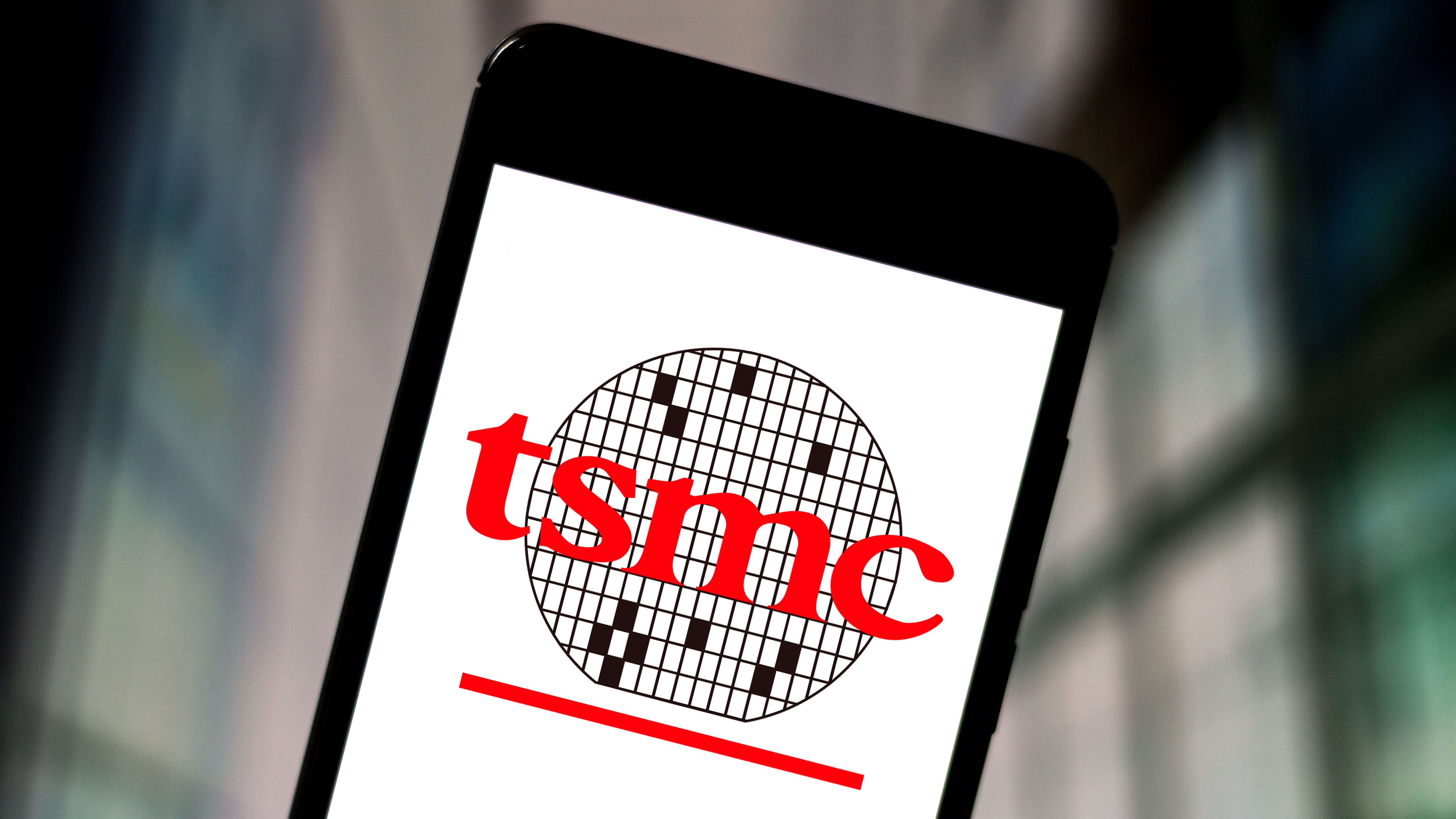

Apple CEO Tim Cook has revealed the company will be among the first customers at TSMC’s new US-based fabrication facilities.
The Taiwan-based company announced plans yesterday to triple its investment in US operations from an initial $12bn to $40bn and build a second production facility in Arizona.
The move marks one of the largest foreign investments in US history and has been hailed as a major milestone in bolstering domestic chip-making capabilities.
TSMC chairman Mark Liu revealed that the first fabrication plant is on course to be operational by 2024 while the second plant is expected to be up and running by 2026.
Liu added that the fabrication plants will deliver around 13,000 high-quality jobs and are expected to produce 600,000 chips each year - enough to meet growing demand from American manufacturers.
Once operational, the fabs will produce some of the most advanced chips currently available, including the four-nanometer and three-nanometer chips which are used to power Apple’s M-Series and A-Series processors, along with a host of Nvidia and AMD products.
“Exciting Day for America”
Tim Cook attended the ceremony alongside executives from Nvidia and AMD. In a speech at the event, he described the investment as an “incredibly exciting day for America, for Arizona, and for Apple too”.
Get the ITPro daily newsletter
Sign up today and you will receive a free copy of our Future Focus 2025 report - the leading guidance on AI, cybersecurity and other IT challenges as per 700+ senior executives
Cook revealed that Apple will be among the first companies to purchase chips manufactured at the Arizona facilities. In a tweet afterwards, he added that the tech giant will be the plant's “largest customer”.
“We work with TSMC to manufacture the chips that power our products all over the world, and we look forward to expanding this work in years to come as TSMC forms new and deeper roots in America,” he said.
“Today is only the beginning. Today we are combining TSMC’s expertise with the unrivalled ingenuity of American workers. We are investing in a stronger, brighter future. We are planting a seed in the Arizona desert, and at Apple we are proud to nurture its growth,” Cook added.
AMD chief executive Lisa Su echoed Cook’s comments, confirming that the company expects to be a “big customer of both fabs”.
“We could not do what we do without our partnership with TSMC,” Su said. “Which is why we are so excited about today’s milestone."
American manufacturing capabilities
President Biden welcomed the TSMC investment as a significant moment for US chip manufacturing. The US once produced around one-third of the world’s computer chips. However, in recent years this has dipped to around 10%.
This has forced companies such as Apple, Intel, and Nvidia to rely heavily on overseas manufacturing to meet growing demand for products.
“Today, we’re down to producing only around 10 percent of the world’s chips, despite leading the world in research and design in new chip technologies,” Biden said in a speech at the Arizona facility.
RELATED RESOURCE
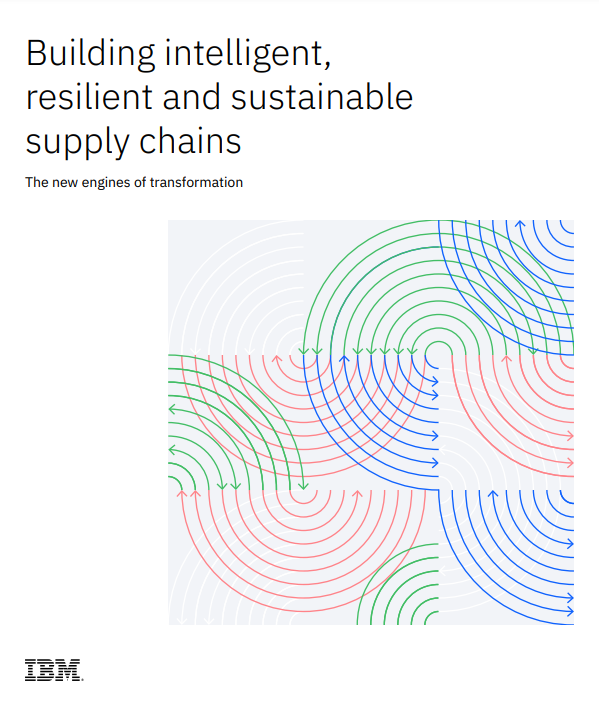
Building intelligent, resilient and sustainable supply chains
The new engines of transformation
“The United States is better positioned than any other nation to lead the world economy in years ahead if we keep our focus,” he added.
The Biden administration and its predecessor both signalled intentions to accelerate domestic production amid global supply chain disruption and rising tensions with China.
In August, the Biden administration signed into law the CHIPS and Science Act. The act aims to lure manufacturers to US soil and will allocate more than $52bn in grants, loans and incentives to support manufacturers such as TSMC.
Both TSMC factories in Arizona will be partially subsidised by the US government, the Biden administration confirmed.
Despite positive remarks from Biden and key industry stakeholders, Mark Lippett, CEO for AI chip designer XMOS, told IT Pro that reducing reliance on overseas manufacturing and ensuring self-sufficiency in the US represents a “real challenge”.
“The semiconductor industry is so vast and so complex that it doesn’t really work without a globalised world,” he said. “If there was a global directive that mandates no chip sales to China at all, for example, the majority of the semiconductor businesses would go belly-up.”
“There’s also the complexity of the supply chain to contend with. It’s a concatenation of hugely expensive, complex concepts, from very specific IPs to bespoke and specialised equipment. You can’t just throw money at the problem with specific expectations for ROI,” Lippett added.

Ross Kelly is ITPro's News & Analysis Editor, responsible for leading the brand's news output and in-depth reporting on the latest stories from across the business technology landscape. Ross was previously a Staff Writer, during which time he developed a keen interest in cyber security, business leadership, and emerging technologies.
He graduated from Edinburgh Napier University in 2016 with a BA (Hons) in Journalism, and joined ITPro in 2022 after four years working in technology conference research.
For news pitches, you can contact Ross at ross.kelly@futurenet.com, or on Twitter and LinkedIn.
-
 This tech company wants to pay staff to look after their mental and physical wellbeing
This tech company wants to pay staff to look after their mental and physical wellbeingNews Hot on the heels of its four-day week trial, tech company Thrive is offering staff new incentives to take care of their mental and physical wellbeing.
By Ross Kelly
-
 Hacked law firm 'didn't think it was a data breach' – the ICO disagreed
Hacked law firm 'didn't think it was a data breach' – the ICO disagreedNews The ICO has fined DPP Law for failing to report an attack that saw confidential information released on the dark web
By Emma Woollacott
-
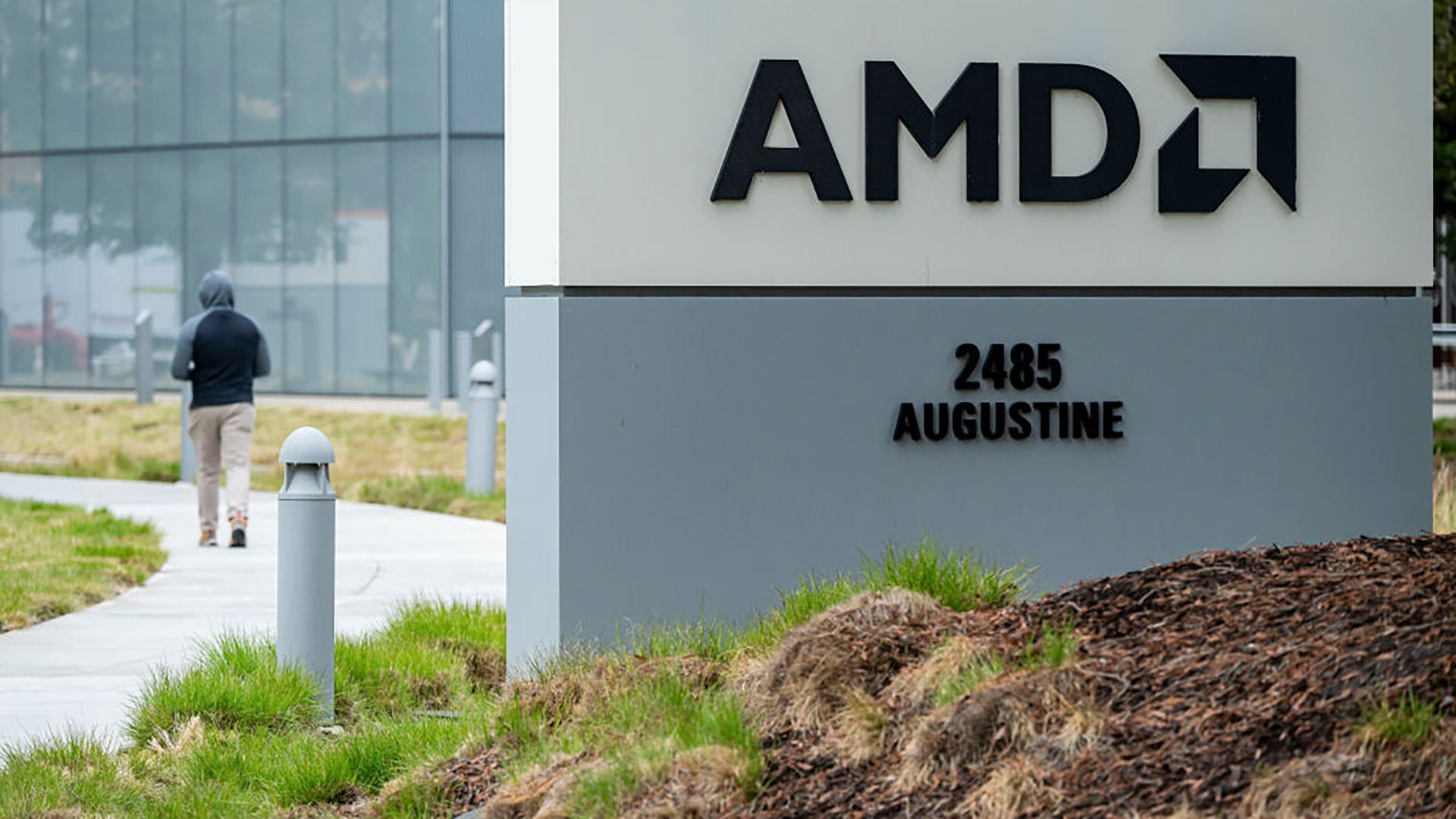 AMD names new VAR and SI commercial sales chief for EMEA
AMD names new VAR and SI commercial sales chief for EMEANews James Blackman is tasked with building a robust channel community in the region
By Daniel Todd
-
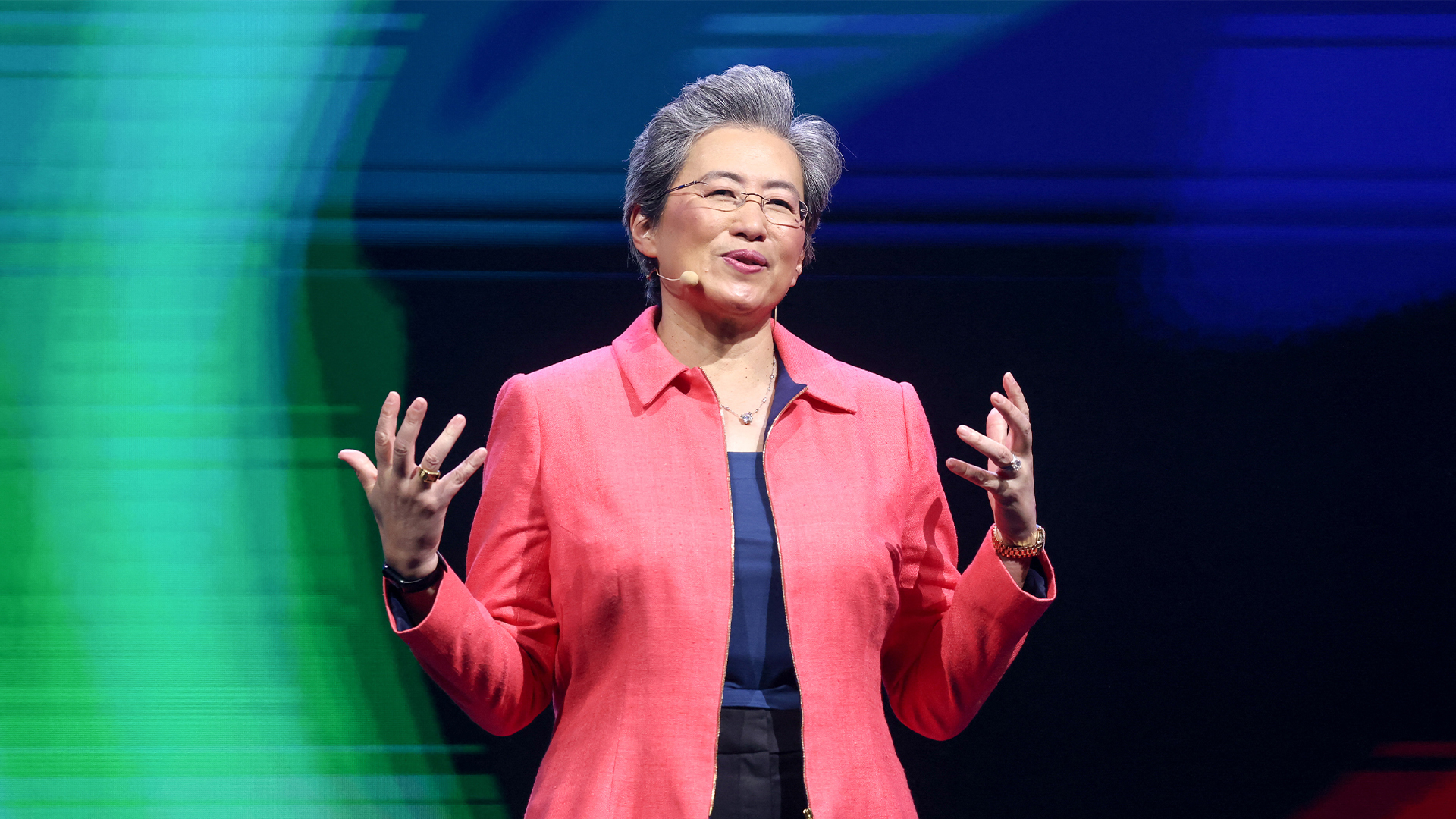 AMD to cut around 1,000 staff to focus on "growth opportunities"
AMD to cut around 1,000 staff to focus on "growth opportunities"News The AMD layoffs come after rival Intel cut staff on the back of flagging AI returns
By George Fitzmaurice
-
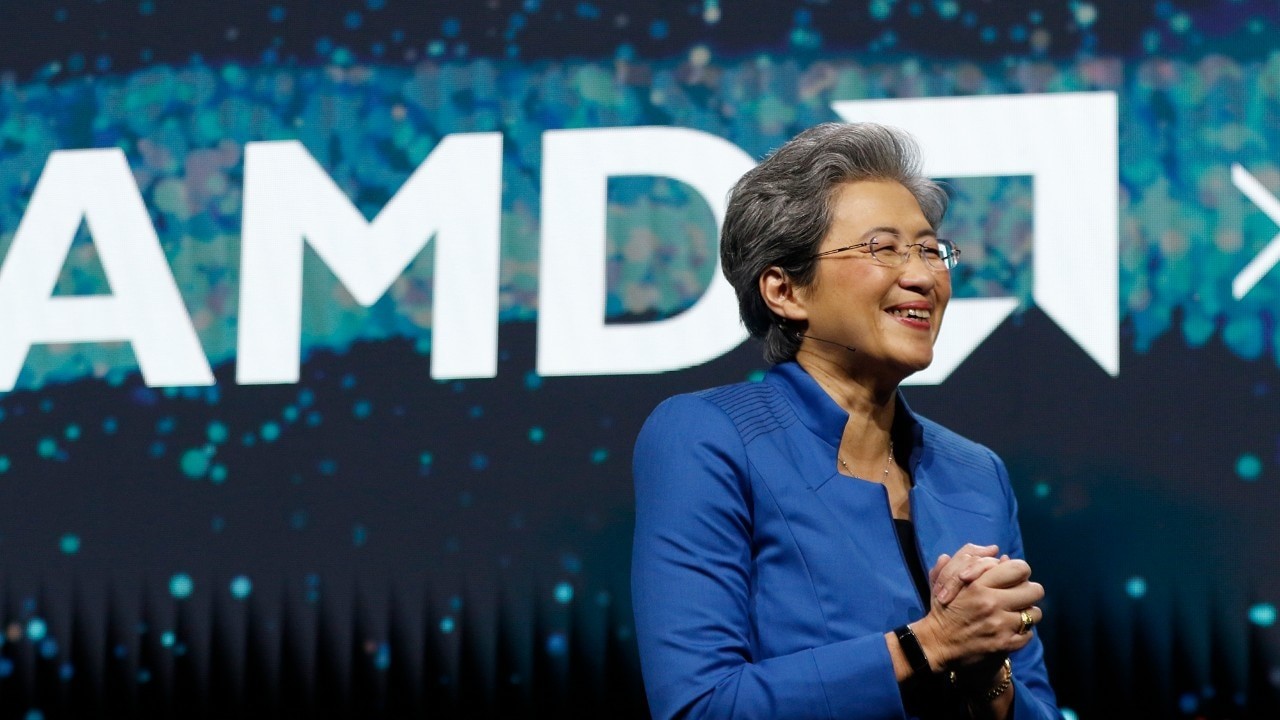 Everything you need to know about AMD
Everything you need to know about AMDIn-depth A quick guide to AMD, one of the world's leading semiconductor companies and a longstanding competitor to Intel and Nvidia
By Rene Millman
-
 Optiver partners with AMD to turbo charge data center modernization efforts
Optiver partners with AMD to turbo charge data center modernization effortsSupported Content AMD will support the market trading firm as it looks to deliver performance improvements and meet future data needs
By ITPro
-
 AMD bags IEEE’s 2024 Corporate Innovation Award for pioneering chiplet design research
AMD bags IEEE’s 2024 Corporate Innovation Award for pioneering chiplet design researchSupported Content This marks the second time AMD has received this award, having previously been recognized for its research into the evolution of x86 microprocessors
By ITPro
-
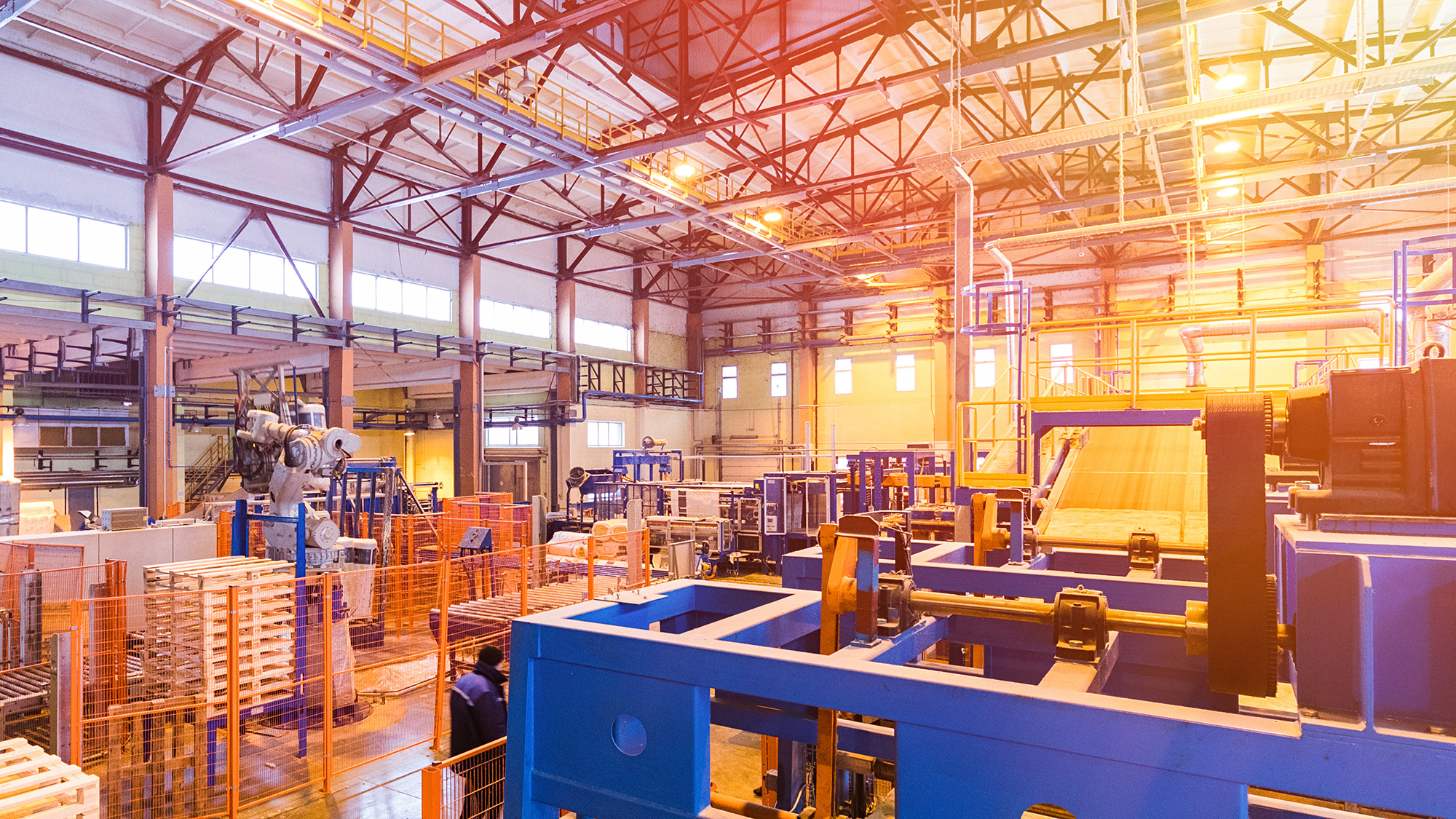 IT in manufacturing isn’t just about the production line
IT in manufacturing isn’t just about the production lineSupported Content From conception to execution, IT is used in manufacturing to boost efficiency, reduce costs, and produce optimal results
By ITPro
-
 How new, longer-life chips can help stretch your budget
How new, longer-life chips can help stretch your budgetSupported content When the inevitable upgrade arrives, you need future-proof silicon inside your data center hardware
By ITPro
-
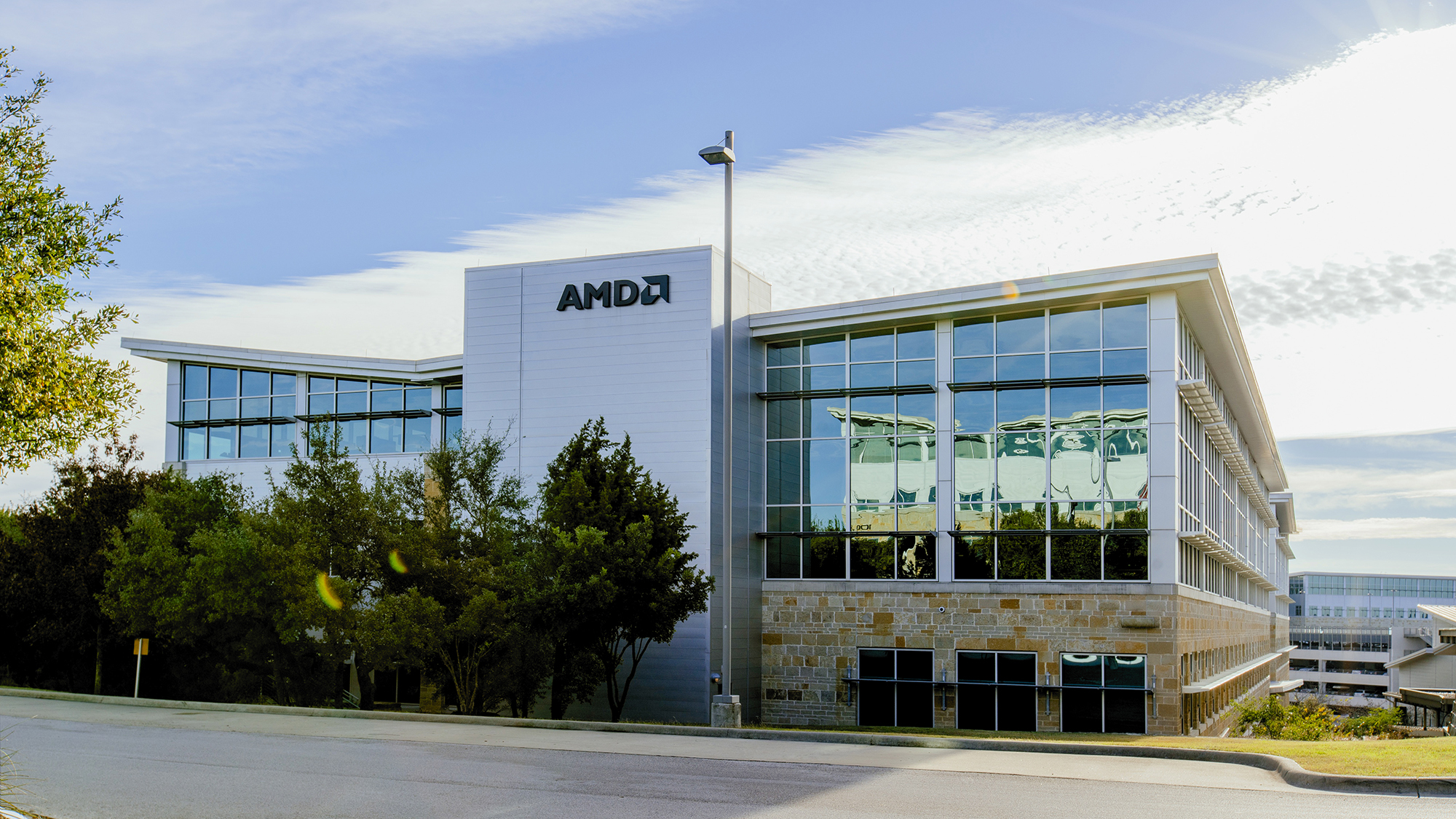 Workload-optimized 97X4 and 9004 EPYC processors showcased by AMD
Workload-optimized 97X4 and 9004 EPYC processors showcased by AMDsupported editorial New CPUs “push the boundaries” of what is possible in the data center performance, chip giant says
By ITPro